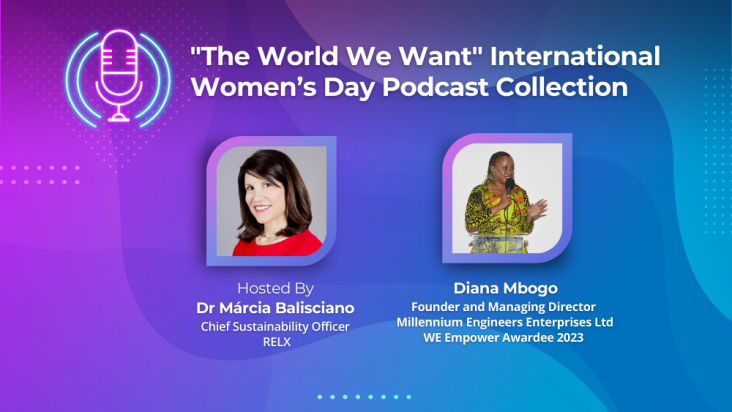World Intellectual Property Day 2024 is highlighting the critical importance of intellectual property (IP) in catalyzing the human innovation and creativity needed for achievement of the United Nations Sustainable Development Goals (SDGs). This study provides an overview of the key debates and the recent evidence on the societal role of Intellectual property rights (IPRs).
Reviews the effects of light pollution in urban ecosystems
Coral atolls are at risk from rising sea level, what can be done to enhance island buidling processes
In this study, we introduced an integrated assessment framework, and estimated both quality and quantity-related Water Scarcity Index (WSI), local economic water scarcity risk (WSR), and the cascading virtual WSR observed in global trade markets across 40 major economies spanning from 1995 to 2010. Results show that developing countries had rapid growth in both quantity and quality-related WSI, while major developed economies experienced a modest increase in water stress but mitigated quality-related risks, suggesting imbalanced progress towards SDG 6 across countries.

In this special edition of "The World We Want," Márcia Balisciano interviews Diana Mbogo, the Founder and Managing Director of Millennium Engineers in Tanzania. Diana, an award-winning entrepreneur, focuses on renewable energy solutions and is currently implementing the Sardine Fishing Industry Business Project. The project aims to transition the traditional, environmentally harmful methods of the sardine fishing industry toward more sustainable practices using solar drying facilities. Diana emphasises the critical connection between access to energy, particularly for women, and the broader goal of achieving the United Nations Sustainable Development Goals. Throughout the discussion, Diana shares her journey, challenges, and the transformative impact of her work on communities, highlighting the positive changes brought about by her innovative approach to the sardine industry.
The study highlights that urban heat mitigation strategies must be tailored to specific climatic and morphological contexts, emphasizing the importance of urban design, anthropogenic heat management, and region-specific interventions like irrigation or green cover.
Linkages between smart cities and SDGs are underexplored.A systematic literature review is conducted to address this gap. Existing research mainly focuses on SDG 6, SDG 7, and SDG 11.Responsible smart city solutions and technologies could contribute to SDGs.There is a bias toward reporting the benefits of smart cities and trade-offs are underexplored.
In this study, the authors analyse local surface urban heat island during 2003–2018 using satellite observations over 536 cities worldwide. Spatiotemporal patterns and mechanisms of the surface urban heat island are tightly linked with climate-vegetation conditions.
This article presents an exploratory global ‘Decarbonization Divergence’ sustainability scenario. This scenario depicts an economy that decarbonizes through technological development despite further growth, while households do not contribute to such decarbonization efforts through lifestyle change, leading to divergent developments between the economy and households.
This multi-city, multi-country One Earth Research Article shows that Paris Agreement-aligned climate action (SDG 13) is needed to avoid increasing ozone-related* deaths (SDG 3) because greener energy production is also cleaner pollution-wise. These actions will help make cities and communities more sustainable (SDG 11).
*Some greenhouse gases, and many co-emitted pollutants from fossil-fuel burning, contribute to ozone production near ground level where it is a harmful pollutant.
